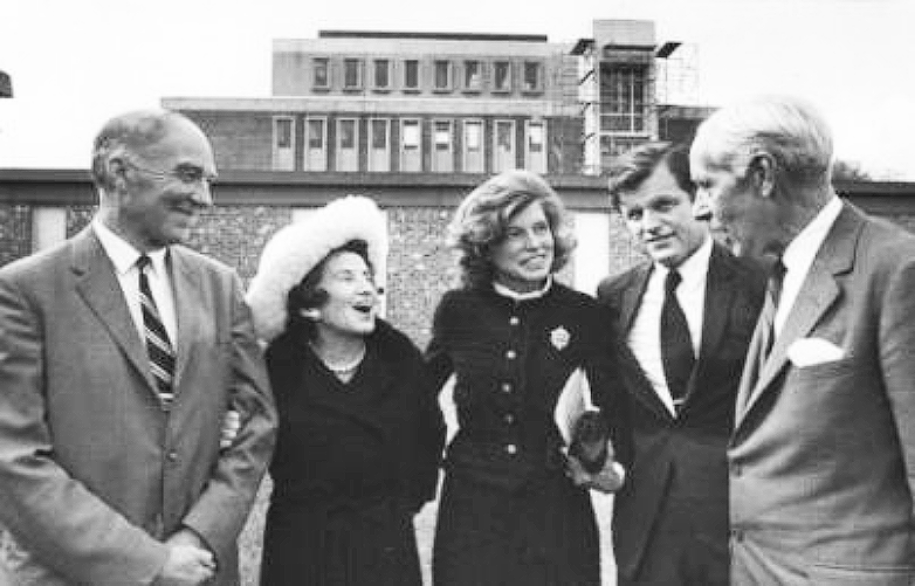About The Eunice Kennedy Shriver Center
The Eunice Kennedy Shriver Center, part of the University of Massachusetts Chan Medical School, is dedicated to understanding and improving the challenges faced by individuals with intellectual and developmental disabilities (IDD) and/or behavioral health disorders as well as supporting their families.
Since 1970, our expert faculty and staff have conducted cutting-edge research, offered world-class education and training, and provided high quality services with the goal of enhancing the health, safety, and quality of life of people affected by IDD and NDD. Our comprehensive experience and expertise have established the Shriver Center as an international leader, devoted to supporting the full participation of people with disabilities in community life.
Mission
The Shriver Center’s mission is to transform systems, policy, and practice by engaging in innovative research, education, training, and service so that people with intellectual/developmental disabilities and/or behavioral health conditions may lead self-determining lives.
Vision
The Shriver Center’s vision is to maximize inclusion, freedom, and wellness for people with disabilities.
To achieve our vision, we:
- conduct research and translate scientific discoveries to improve the physical and mental health and the quality of life of people with IDD and NDD;
- deliver unique and innovative educational programs that train educators, clinicians, scientists, people with disabilities, family members, and others who provide support to meet the needs of people with IDD and NDD;
- develop leaders who will shape future research, training, and services in the disability field;
- offer programs and services that are inclusive, person- and family-centered, culturally competent, evidence-based, and responsive to community needs; and
- partner with local and national agencies and organizations on initiatives that benefit people with disabilities, their families, and others who provide needed support.

